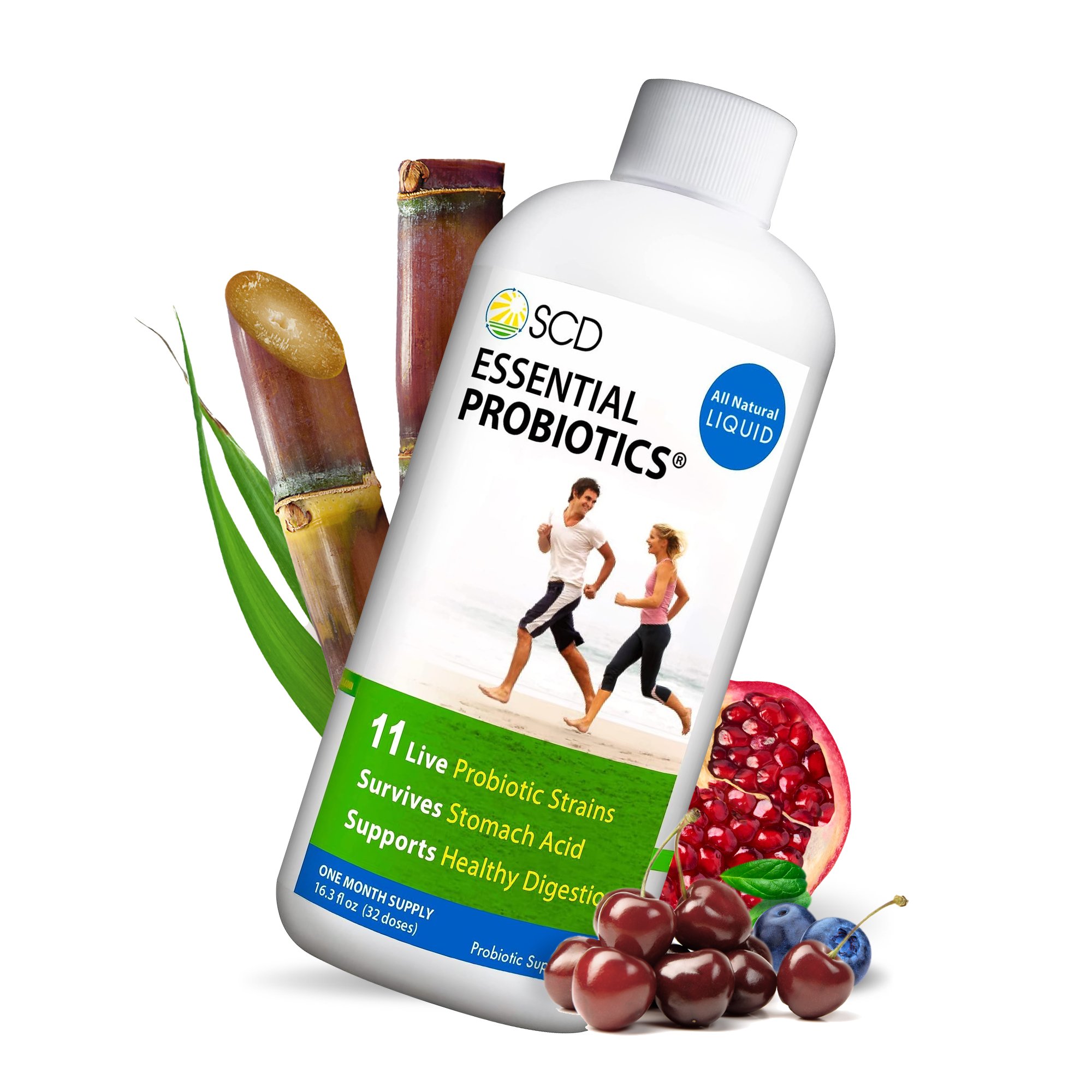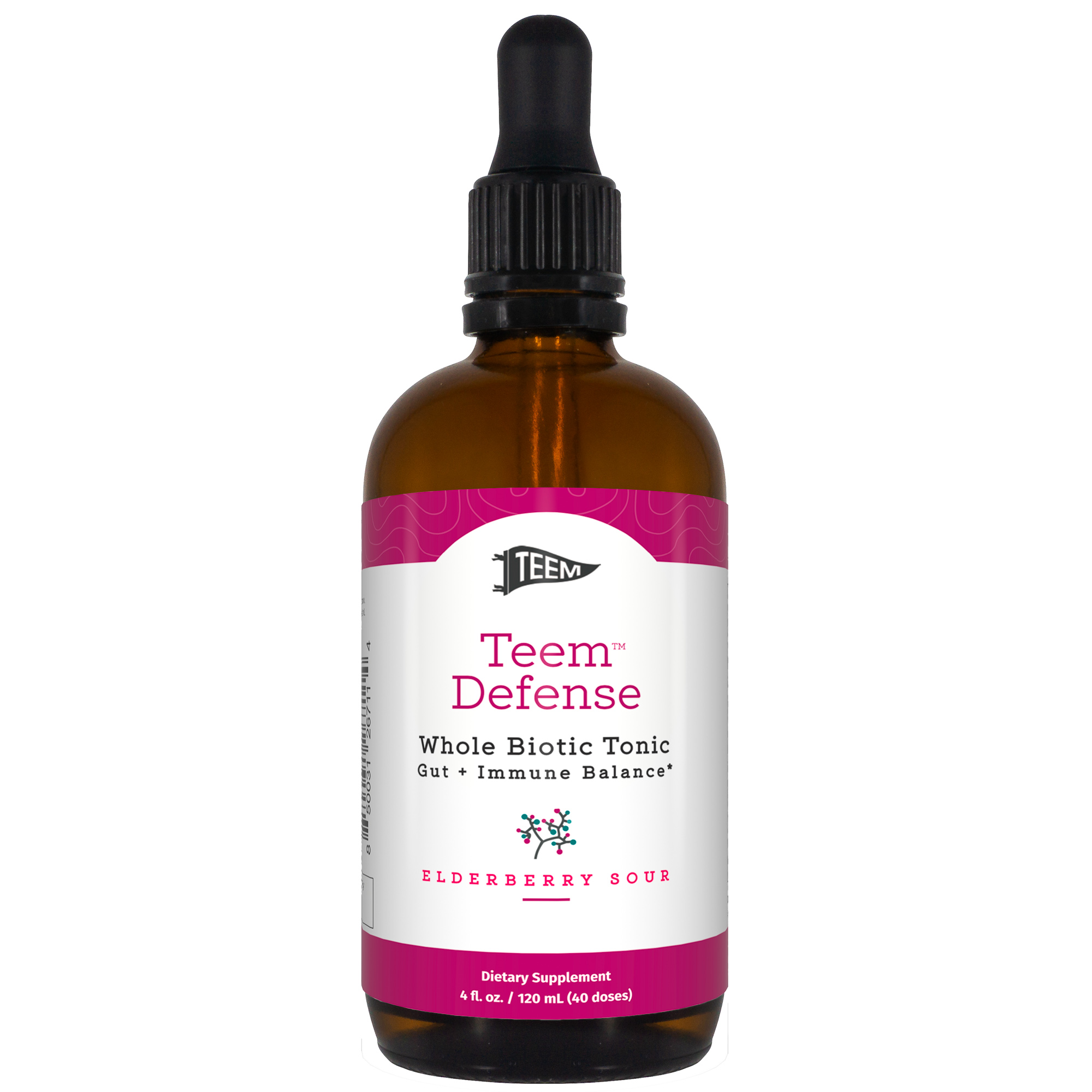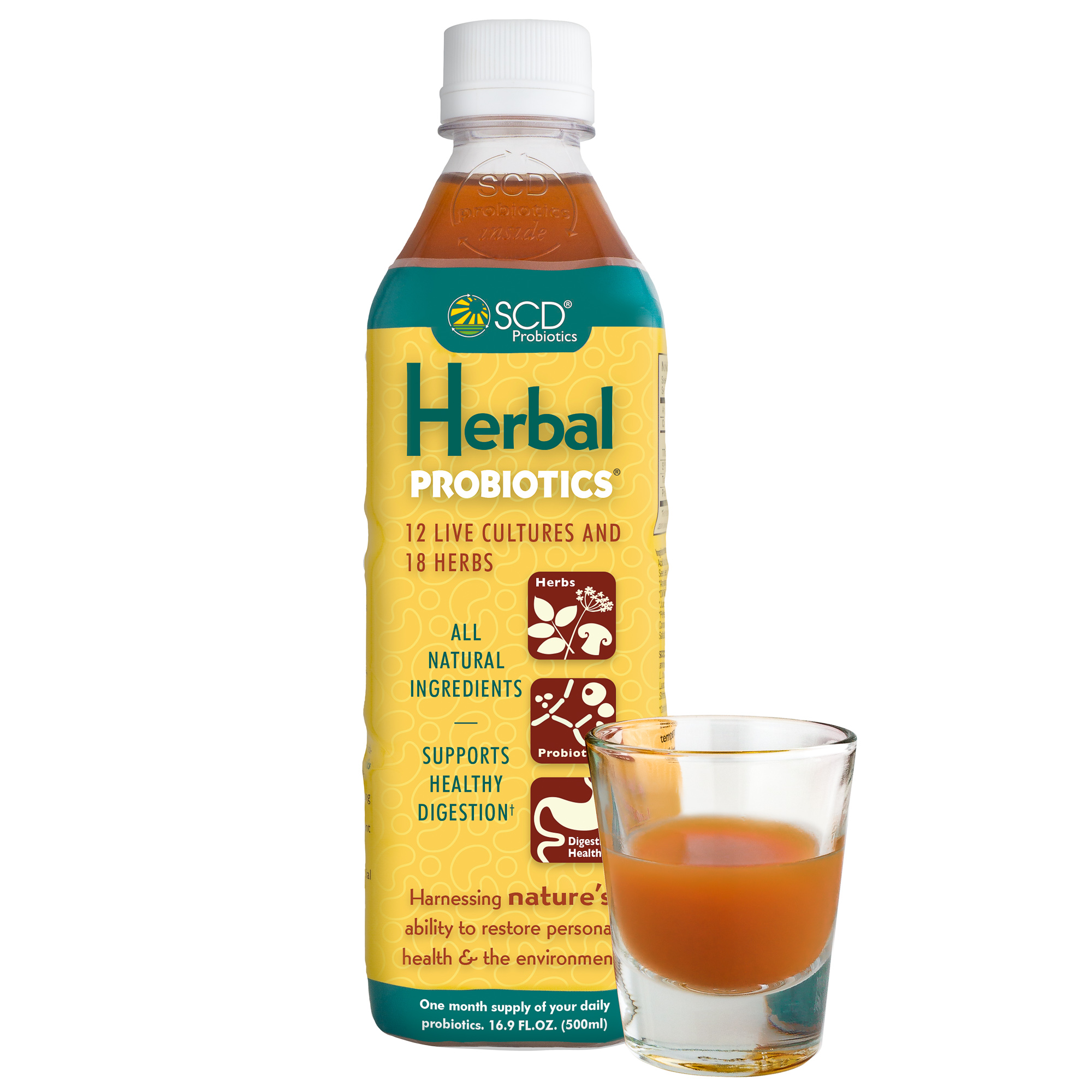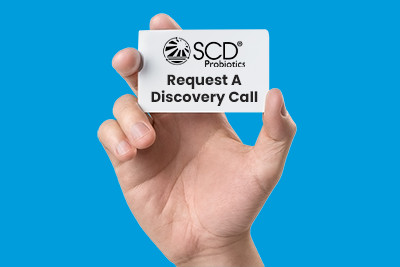Prebiotics and Probiotics Creating a Healthier You
The current health landscape is full of buzzwords, one of which is the combination of prebiotics and probiotics. It's no secret that nutrition plays a major role in overall health and wellness. Prebiotics and probiotics are two important components of a healthy lifestyle that can be easily incorporated into your daily routine. This blog post will explore the science behind prebiotics and probiotics and how they create a healthier you!
Prebiotics and probiotics are two distinct terms that are often used interchangeably. Broadly speaking, prebiotics are non-digestible food ingredients that promote the growth of beneficial bacteria within the gut. On the other hand, probiotics are live bacterial cultures that can also help maintain a healthy gut. While both are important for achieving balanced gut health, they accomplish this in different ways.
In this blog post, we will discuss the benefits of consuming prebiotics and probiotics, the differences between them, and how.
1. What are Prebiotics and Probiotics?
Prebiotics and probiotics are two important components of a healthy lifestyle. Prebiotics are naturally occurring compounds that help support healthy digestion and also promote the growth of beneficial bacteria in your digestive tract. Probiotics are live microorganisms, or “good bacteria”, that can help balance the natural bacteria in your gut, improve digestion, and boost your immune system. Prebiotics and probiotics work together to create a healthier you by improving the natural balance of your gut microbiome.
2. Benefits of Taking Prebiotics and Probiotics
Taking prebiotics and probiotics can help you to create a healthier you. Prebiotics and probiotics both provide numerous health benefits. The most important benefits of taking prebiotics and probiotics include improved digestion, improved immunity, and better absorption of vitamins and minerals. Prebiotics help to increase the number of healthy bacteria in the gut, while probiotics help to keep the bacteria in balance. When taken together, prebiotics and probiotics can help to improve the overall health of your digestive system. Taking prebiotics and probiotics can also reduce inflammation which can reduce the risk of chronic diseases. Additionally, these supplements can help to reduce the symptoms of certain health conditions, such as irritable bowel syndrome and allergies.
3. Recommended Daily Intake
When it comes to prebiotics and probiotics, the recommended daily intake depends on your overall health and health goals. Generally speaking, adults should aim to consume at least 10-20 billion probiotic bacteria per day. Additionally, you should strive to consume 5-20 grams of prebiotic fiber each day. To maximize the health benefits of prebiotics and probiotics, make sure to get a variety of different sources, including fresh fruits and vegetables, fermented foods, and dietary supplements.
4. Foods Rich in Prebiotics and Probiotics
Eating a balanced diet full of foods rich in prebiotics and probiotics can help create a healthier you. Prebiotics are a type of dietary fiber found in certain plant-based foods, such as fruits, vegetables, and grains, that help promote the growth of beneficial bacteria in your gut. Probiotics, on the other hand, are live beneficial bacteria that are naturally found in your body, and can also be found in certain foods. Here are some foods that are rich in prebiotics and probiotics.
- Onions and Garlic: Onions and garlic are rich in prebiotics and have anti-inflammatory properties.
- Bananas and Apples: Both bananas and apples contain prebiotics that help promote a healthy digestive system.
- Miso Soup: Miso soup is a Japanese dish that is rich in probiotics and prebiotics.
- Yogurt: Yogurt is rich in probiotics, which can help improve digestion, boost your immune system, and reduce inflammation.
5. Potential Side Effects of Prebiotics and Probiotics
Prebiotics and probiotics have become increasingly popular as natural ways to promote digestive and overall health. However, like any supplement, it is important to understand that there are potential side effects associated with prebiotics and probiotics. Here are five common potential side effects to be aware of:
- Gastrointestinal Discomfort: Some people experience mild digestive issues such as bloating, gas, and diarrhea when first starting a prebiotic or probiotic supplement.
- Allergy Symptoms: Allergies to certain strains of probiotic bacteria can cause skin rashes, sneezing, nasal congestion, and other symptoms.
- Drug Interactions: Certain prebiotics and probiotics may interact with certain medications, so it is important to talk with your doctor before taking these supplements.
- Infections: People with weakened immune systems may be at risk for developing infections from certain probiotics.
- Overgrowth of Bacteria: Taking too much of a probiotic supplement or taking one with an incorrect balance of bacteria can lead to an overgrowth of bacteria that can cause issues with digestion and other body systems.
Conclusion
In conclusion, prebiotics and probiotics offer a great way to improve your overall health and well-being. Prebiotics help to feed the good bacteria in your gut, while probiotics can replace or supplement the good bacteria in your gut when necessary. Incorporating prebiotics and probiotics into your daily routine can help to reduce inflammation, improve digestion, and boost your immune system. Taking the time to research and understand the difference between prebiotics and probiotics can help you make the most of their health-boosting benefits.
To shop probiotics. Check out our probiotics for Gut Health.







